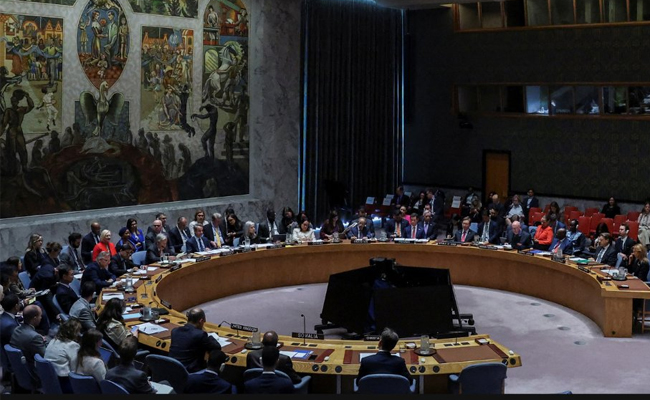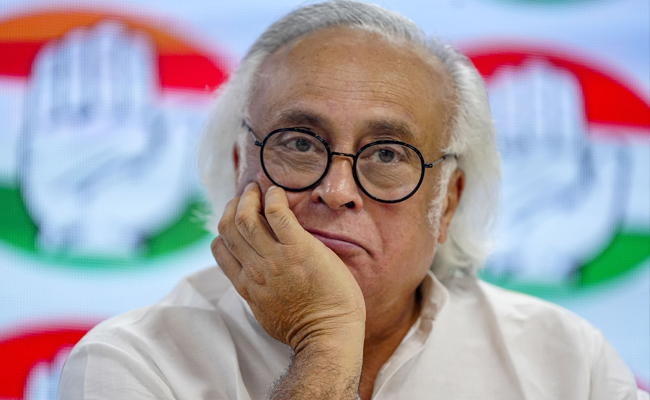Jerusalem: Israel's parliament voted to dissolve itself early Thursday, sending the country to an unprecedented second snap election this year as Prime Minister Benjamin Netanyahu failed to form a governing coalition before a midnight deadline.
The dramatic vote, less than two months after parliamentary elections, marked a dramatic downturn for Netanyahu and sent the longtime leader's future into turmoil.
Netanyahu, who has led Israel for the past decade, had appeared to capture a fourth consecutive term in April's election. But infighting among his allies, and disagreements over proposed bills that would protect Netanyahu from prosecution stymied his efforts to put together a majority coalition.
Rather than concede that task to one of his rivals, Netanyahu's Likud party advanced a bill to dissolve parliament and send the country to the polls for a second time this year.
Had the deadline passed, Israel's president would have given another lawmaker, most likely opposition leader Benny Gantz, an opportunity to put together a coalition.
After the vote, Gantz angrily accused Netanyahu of choosing self-preservation over allowing the country's political process to run its course.
Gantz said that instead of following procedure, Netanyahu opted for "three crazy months" of a new campaign and millions of wasted dollars over new elections because he is "legally incapacitated" by looming indictments.
"There is no other reason," Gantz said.
Netanyahu's Likud party won 35 seats in the April 9 election, and his religious and nationalist allies won another 30, appearing to give him a solid majority in the 120-seat parliament.
But discord between his ultra-Orthodox allies and former Defense Minister Avigdor Lieberman's secular nationalist Yisrael Beitenu party resulted in a deadlock.
After the vote, Netanyahu angrily accused Lieberman of making unrealistic demands and forcing an unnecessary election.
"He is dragging the entire country for another half a year of elections," he said.
Wednesday's vote sends the country into uncharted political waters, no less because Netanyahu, the interim prime minister, still faces a likely indictment for a battery of corruption charges just around the time of the election.
Let the Truth be known. If you read VB and like VB, please be a VB Supporter and Help us deliver the Truth to one and all.
Hyderabad (PTI): As many as 22 temporary roadside sheds where furniture was manufactured and sold have been gutted after a fire broke out in one of them here, and no one was injured in the incident, police and fire department officials said on Wednesday.
This massive fire accident occurred in an area under the Bachupally police station limits at around 11 pm on Tuesday. After originating in one of the sheds, the flames spread quickly to adjacent sheds, destroying wooden furniture and other materials required for manufacturing furniture.
Six fire tenders were rushed to the spot, and the fire was extinguished, a police official said.
Based on preliminary investigation, the official said the blaze started due to a short circuit.
Eye-witnesses have stated that there was a short circuit on a pole, and the wire fell onto the sofas, which caught fire. Within minutes, the fire spread, police said.





